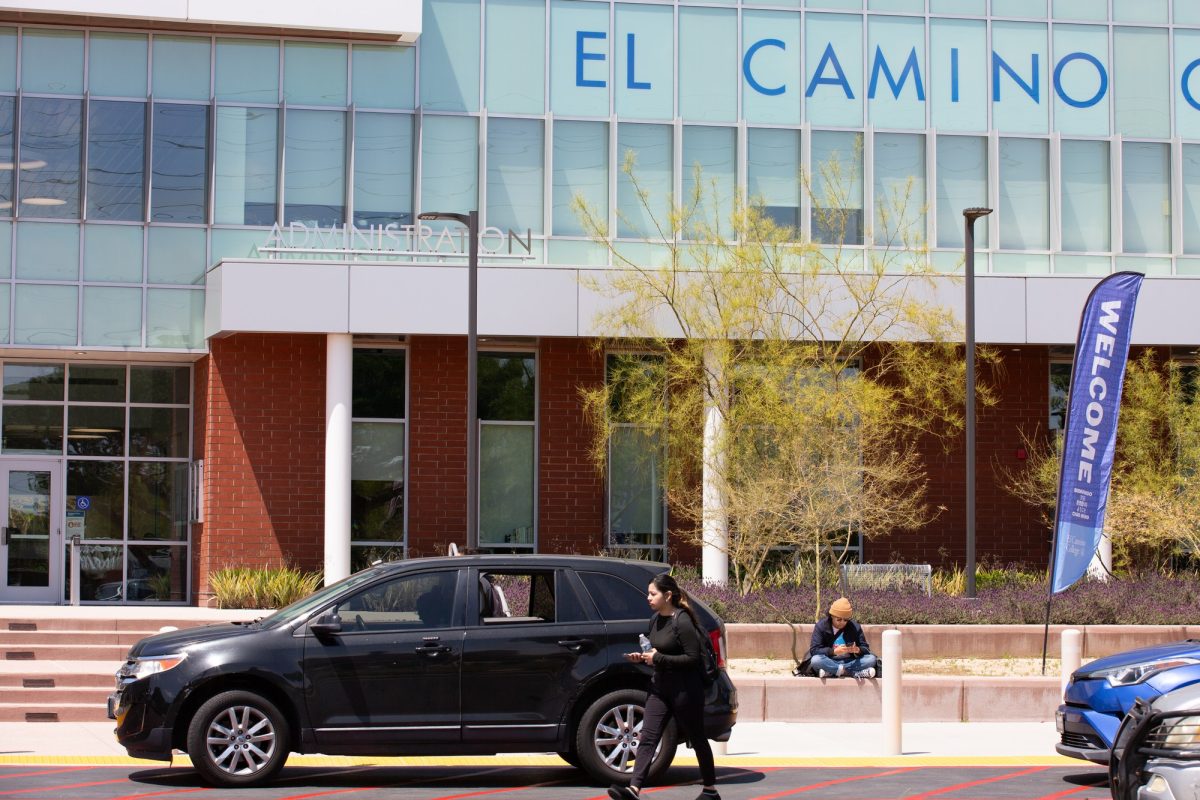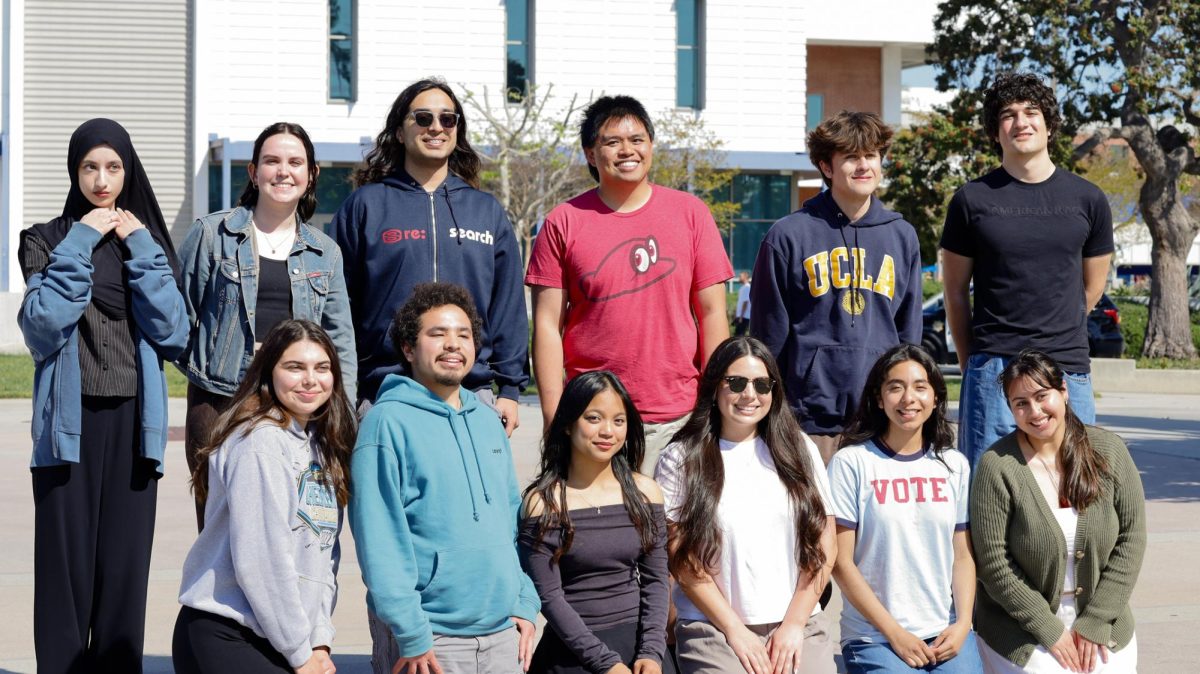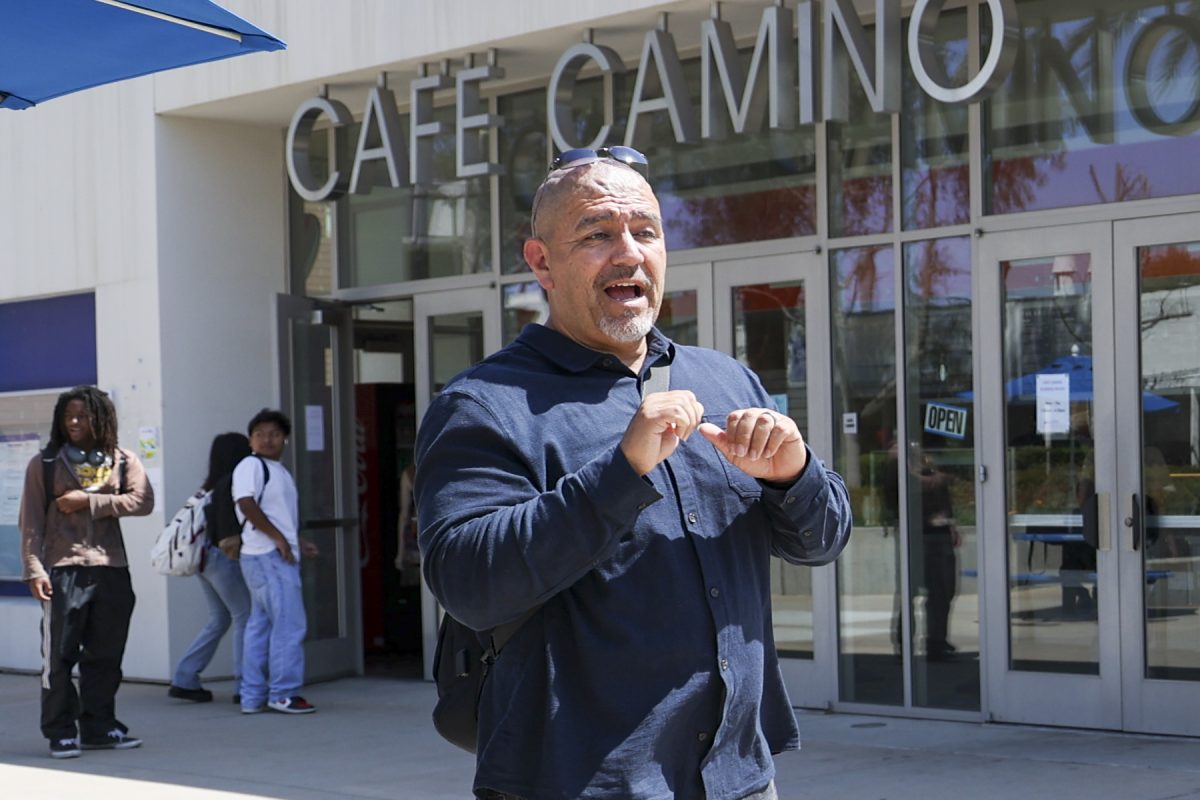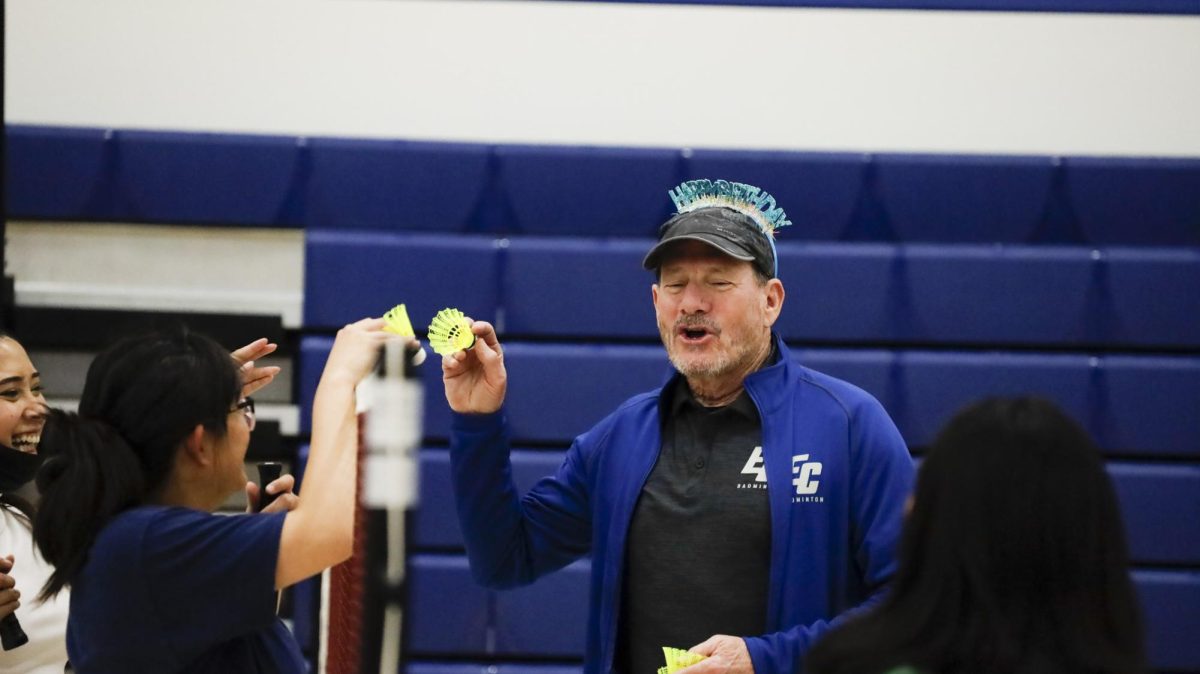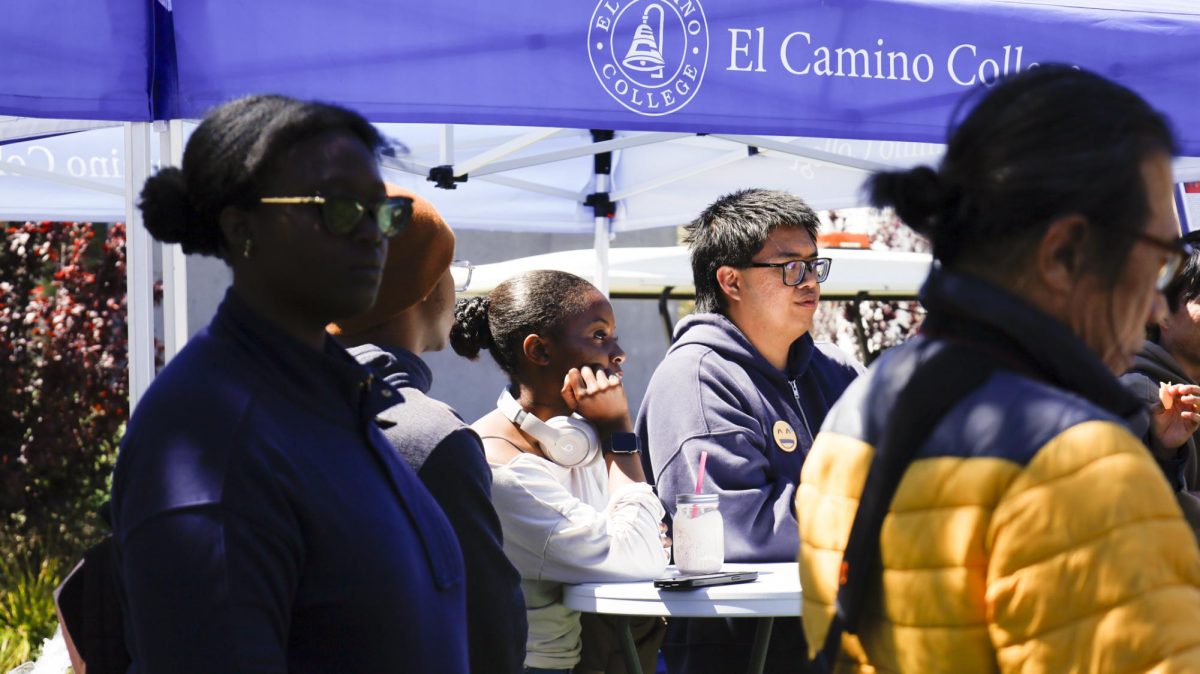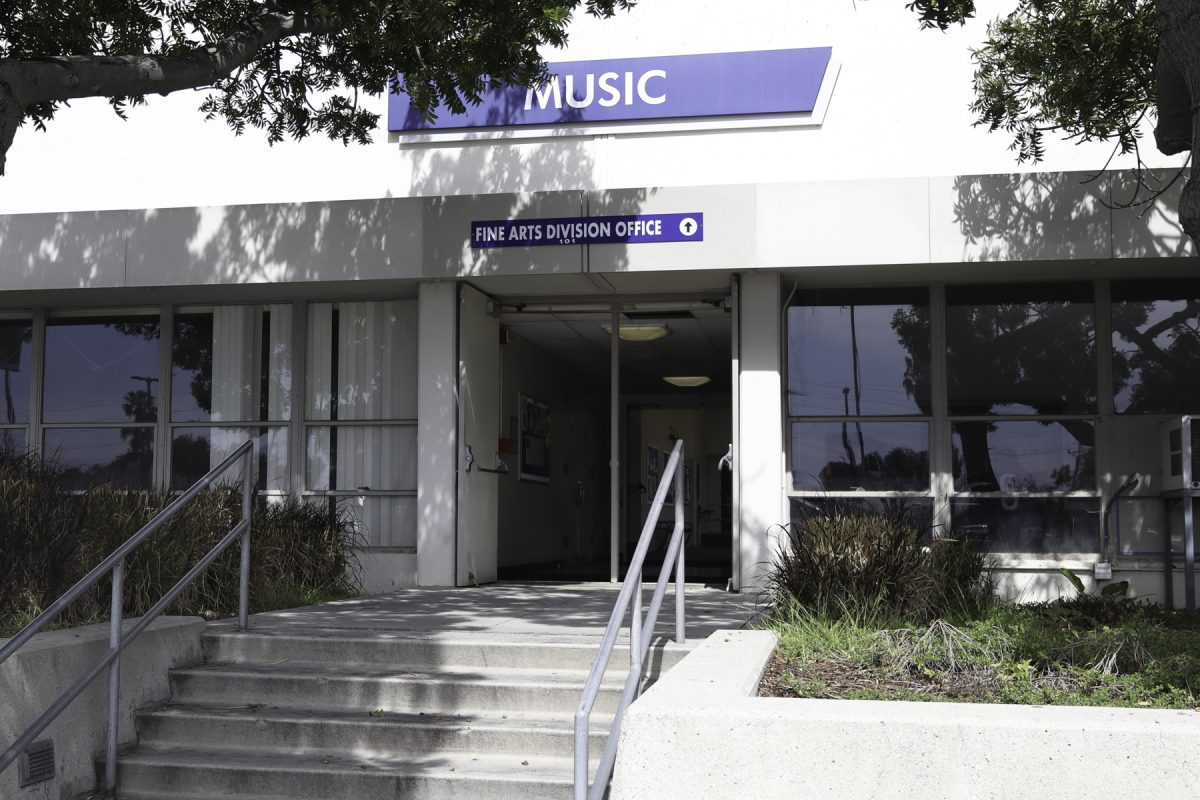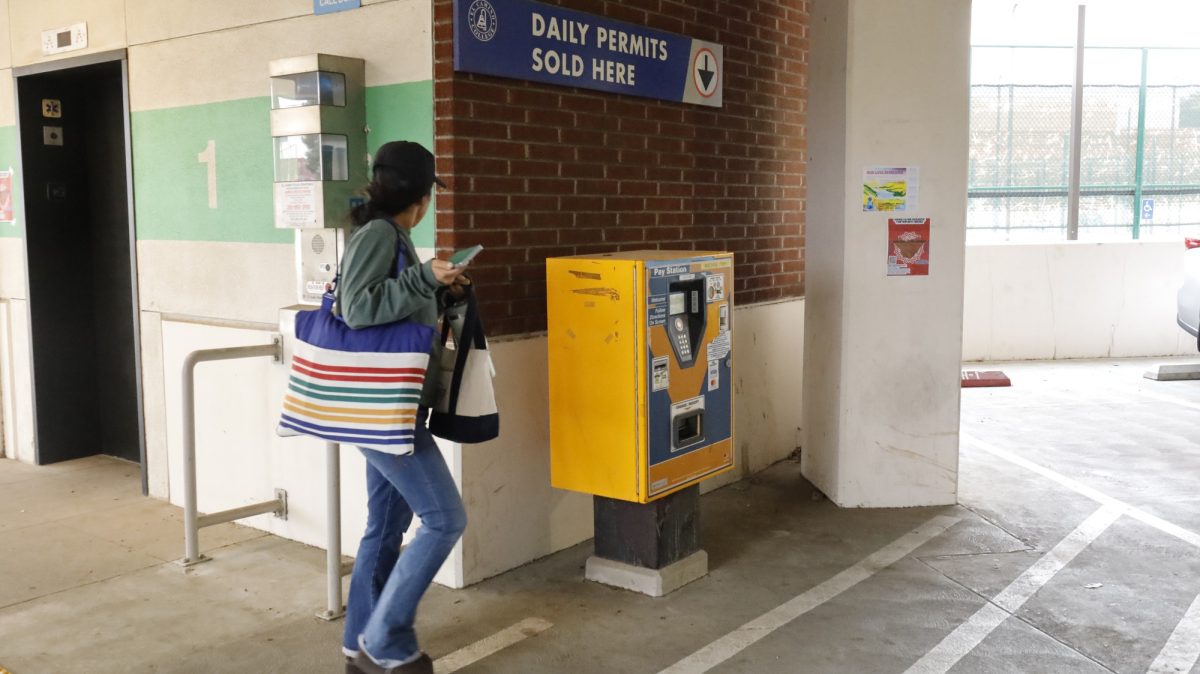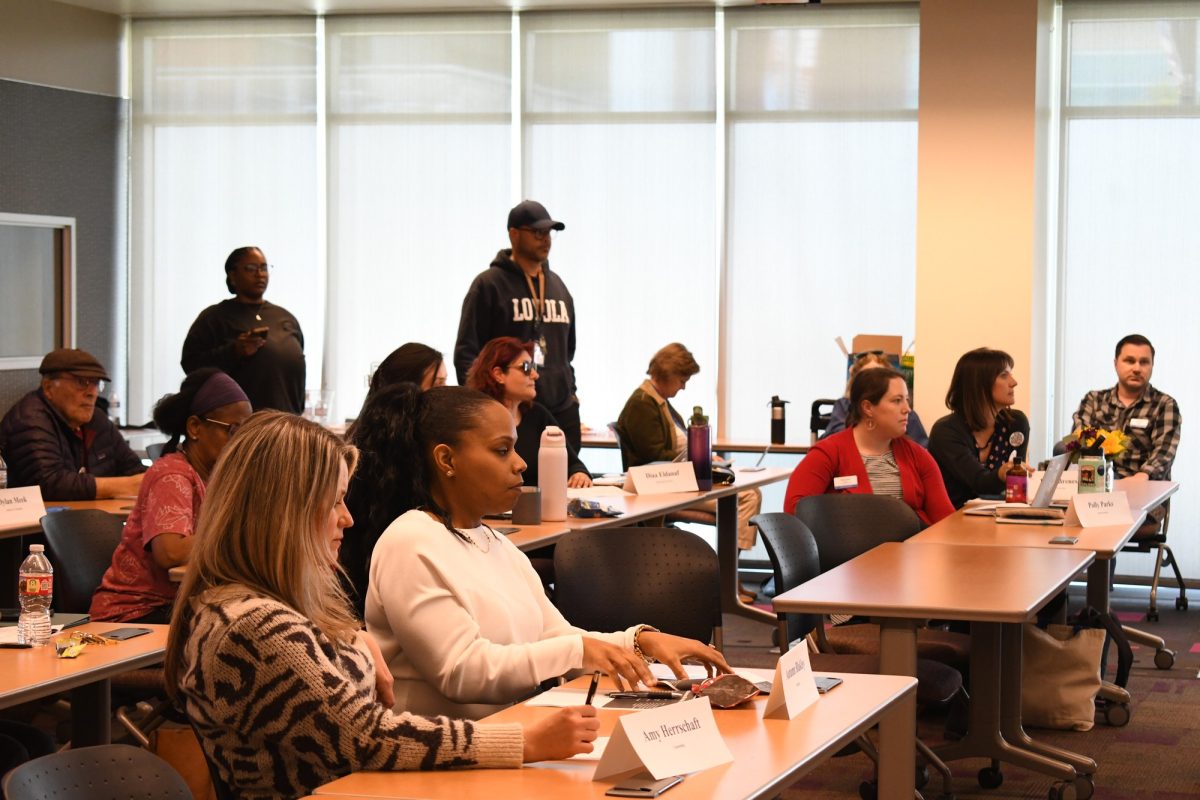Students will no longer have access to and control of their clubs’ social media accounts once the new policy added to the Student Organization Handbook is enforced in the coming days.
The handbook, which lays down the rules for the creation and maintenance of El Camino College student organizations, gets updated every year.
This year’s update included a lot more club adviser involvement.
“We added new mandatory training for advisers, as well as signing a three-year contract with Engage, as well as new social media procedures,” Director of the Student Development Office Ricky Gonzalez said.
Page 13 of the handbook says access to registered social media accounts will be “granted solely” to designated club advisers.
The advisers will be responsible for “overseeing and managing the content” of these social media accounts.
“We understand the policy is a bit of a culture shock and it is not meant to hinder clubs,” Gonzalez said.
Gonzalez, as well as the student activities adviser for the Student Development Office and primary Inter-Club Council adviser Austin Toney, contributed to the new policies.
“I went to Orange Coast College, Lake Tahoe Community College, as well as other community colleges and saw how they treated social media [within] clubs,” Gonzalez said.
Both Gonzalez and Toney said that the main reason for the social media policy is so the adviser could make sure the social media accounts represented the college well.
“We needed to put in procedures that would allow information to be communicated to best represent their goals as a club and to represent El Camino,” Toney said.
Both Gonzalez and Toney said they wanted to give the clubs a “grace period” and to not enforce the policy until after spring break.
“It’s a team effort and it is important for us to work with the clubs and meet them halfway,” Toney said.
The new policies are raising concerns with club advisers and students.
“I feel like the purpose of clubs is to promote student engagement. I worry that if there is too much policing of clubs, that they might disengage and it would not be good for the college,” English professor Shane Ochoa said.
Ochoa is the adviser for the Puente Club and said he has heard from other students that these new policies are “a bit much.”
“I don’t see a point in attending every meeting, and to ask that to faculty who are overtaxed already,” Ochoa said.
The handbook says a club’s primary adviser must be full-time or part-time faculty of El Camino College. Classified full-time staff can be co-advisers.
Ochoa also said that as an adviser they are “simply there to advise and let the club flourish on their own.”
“Clubs should be student-driven 100%, and I wish they would have asked some advisers to help come up with the policies,” Ochoa said.
Nursing major Naye Ortiz, 20, doesn’t like the new policies.
“It bothers me a lot. The whole point of clubs is for students to express themselves,” she said.
Ortiz is the current social media and ICC representative for the Puente Club.
Despite the concerns, Gonzalez said he does not feel the policy takes away students’ freedom of speech.
“If there ever is a club that feels their voice is not being heard, we want to have conversations with that club,” Gonzalez said. “We’re still keeping the student at the forefront of what we do, and we are committed to making sure it is an engaging campus community.”



